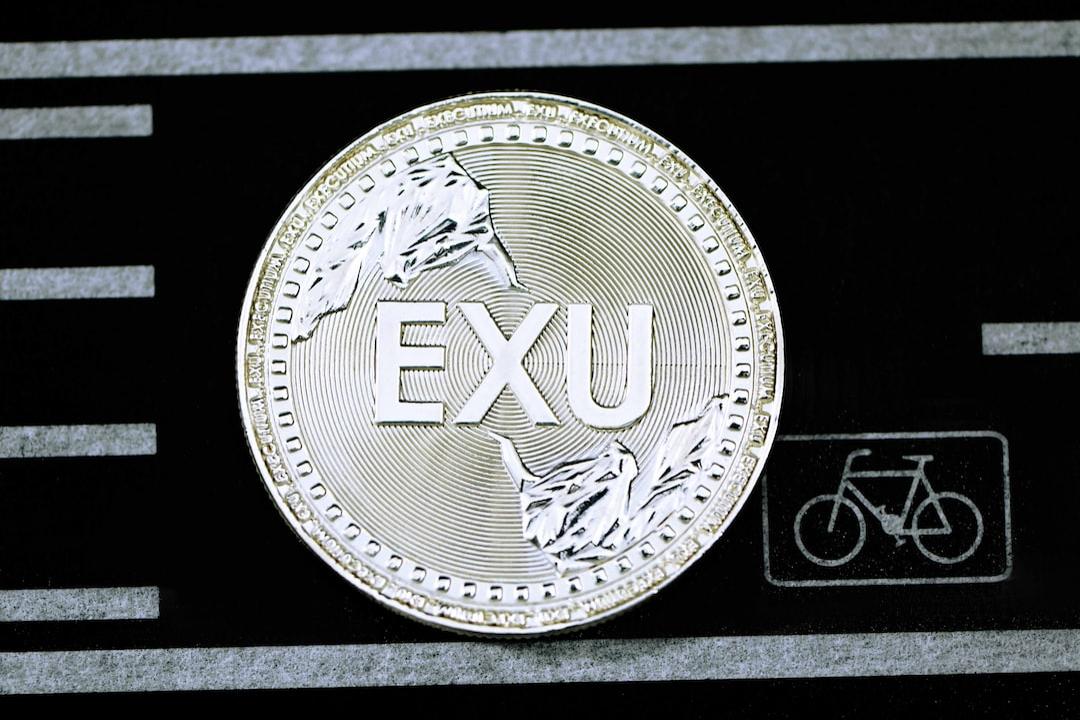TSMC Ships Huawei White Gloves Both CanSemiconductor and Bitmain Deny Participation in Huawei Supply Chain
Reuters reports that TSMC (Taiwan Semiconductor Manufacturing Company) has recently suspended shipments to Chinese chip design company Sophgo, as a chip manufactured by TSMC was found in Huawei’s AI processor. Sophgo may be a supplier for Huawei. This incident has raised concerns about potential violations of U.S. export control regulations, prompting investigations by both the U.S. and Taiwanese governments. The matter is also linked to cryptocurrency mining company Bitmain, as Sophgo’s co-founder is Micree Zhan, the founder of Bitmain.
Rumors of TSMC suspending shipments to Chinese company Sophgo
According to sources, TSMC, the world’s largest semiconductor foundry, has suspended its supply to Sophgo. The reason for this suspension is that a product identical to one ordered by Sophgo was discovered in Huawei’s AI processor “Ascend 910B.” TSMC’s action indicates the company’s heightened awareness of potential supply chain compliance issues, particularly amid the escalating U.S.-China tech competition.
Sophgo denies direct collaboration with Huawei, Bitmain rebuts
Sophgo stated on its official website that the company fully complies with all relevant laws and has never established any business relationship with Huawei. Sophgo pointed out that it has submitted a detailed investigation report to TSMC to demonstrate that its supply chain processes are unrelated to Huawei. Notably, Sophgo is believed to be affiliated with Bitmain, a cryptocurrency mining equipment company, raising concerns about connections to the crypto industry. According to The Information, Bitmain and Sophgo shared multiple domain registration entities and email addresses in 2019. However, past reports referred to them as “Huawei’s middlemen,” revealing that “the legal representative of Xiamen Sophgo Technology Co., Ltd. is Zhao Hongai, holding approximately 30% of the shares, and after multiple layers of penetration, Micree Zhan, co-founder of Bitmain, still holds more than 20% of the shares in Sophgo.” In response, Bitmain stated: “Bitmain has no connection to the recent media reports regarding supply investigations, and any claims of Bitmain’s involvement in the aforementioned events are false.”


Sophgo statement
U.S. Commerce Department and Taiwanese government swiftly intervene to investigate
In response to the incident, the U.S. Department of Commerce stated that it has noted reports of potential violations of export control regulations but did not disclose whether an investigation is underway. A Taiwanese government source indicated that TSMC promptly reported to relevant agencies in Taiwan and the U.S. after discovering its chips appeared in Huawei products and is conducting a detailed investigation into its supply chain. TSMC’s actions highlight its cautious attitude toward technology transfer and export compliance issues.
TSMC emphasizes it has stopped supplying chips to Huawei since 2020
TSMC stated that it has completely ceased direct chip supply to Huawei since mid-September 2020. The company also emphasized that it has consistently maintained communication with the U.S. Department of Commerce to ensure compliance with U.S. export control regulations. TSMC’s position reflects its commitment to supply chain transparency and compliance operations in the global market environment. This action by TSMC not only demonstrates the challenges the company faces under geopolitical and technology transfer pressures but also serves as a warning for the global tech industry to pay more attention to compliance risks amid escalating U.S.-China tech competition. As the U.S. continues to strengthen its technology blockade against Huawei, multinational chip manufacturers like TSMC may face an increasingly complex regulatory environment and compliance pressures in the future
